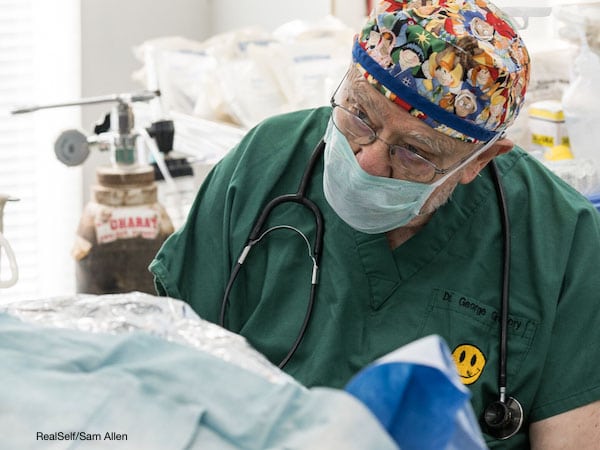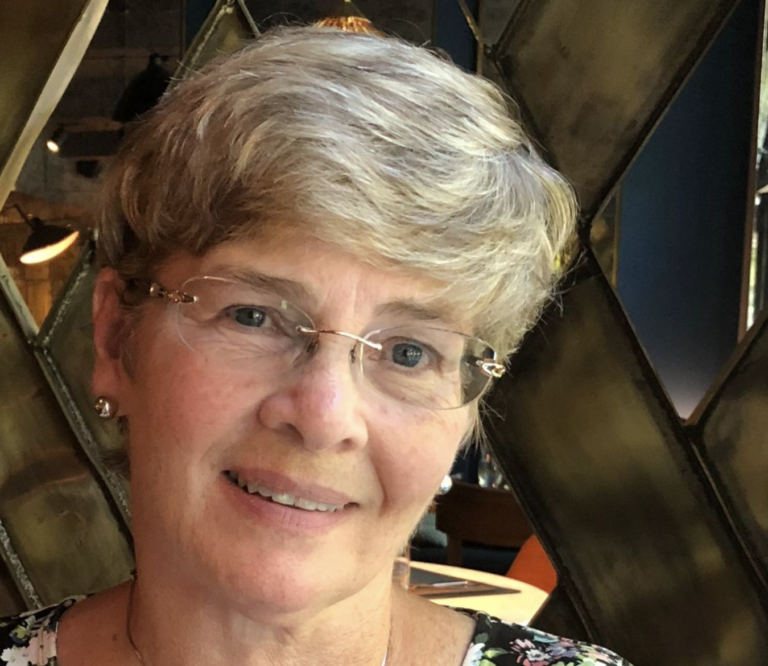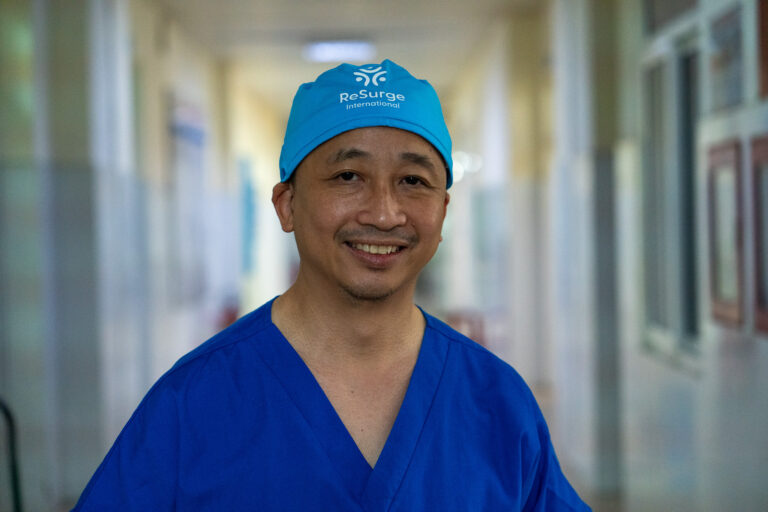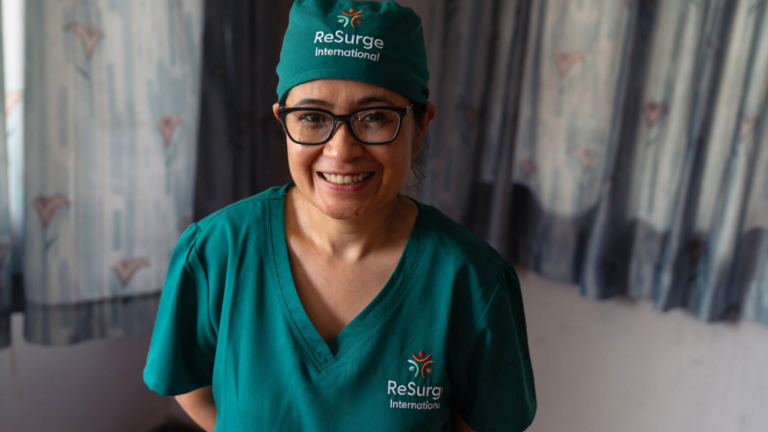A well-known expert in pediatric anesthesiology, Dr. George Gregory has volunteered his skills with ReSurge for the last 30 years and makes at least one surgical mission trip annually. However, it is his work in the area of tele-mentoring that taken his dedication to a new level. In recent years, Dr. Gregory has built a strong tele-mentoring practice with anesthesiologists, anesthesia techs and nurse anesthetists in the countries he’s visited, including Nicaragua, Nepal and Vietnam, delivering regular case-based training via videoconference with these local medical professionals.
Dr. Gregory is already seeing results from this new model in the areas of long-term learning retention, patient outcomes and advances in surgical protocol.
The concept began in Vietnam. Dr. Gregory, along with Dr. Mike Beach, had regularly visited the country with ReSurge for many years. Specifically, they spent many of their surgical visits at Children’s Hospital #2 in Saigon, an enormous 1000 bed hospital that regularly houses over 1500 patients in those beds. During his visits, Dr. Gregory began to understand that he needed to figure out a way to continue education of the staff after he and Dr. Beach had returned to the US.
“What doesn’t work is giving a lecture and then leaving,” stated Dr. Gregory. “After a month, many of the hospital staff had forgotten what they learned during our visit.”
Because Dr. Gregory and Dr. Beach had established such a strong, trusting connection with this hospital due to the relationships they had formed over the years, they were able to set up a pilot ‘tele-mentoring’ program.
Each month, the hospital sends Dr. Gregory a case study of current and past patients. Dr. Gregory analyzes the data and creates a slide presentation that includes the latest medical literature. He then hosts a live, interactive videoconference lecture on the case. This model was very popular with the hospital anesthesiology staff and its availability quickly expanded to include other hospitals across Vietnam. Dr. Gregory is now offering tele-mentoring in Nepal, Nicaragua and in Swaziland with Dr. Deb Rusy as well.
And it’s working! According to Dr. Gregory, he has seen two main successes through this program. First, standards of care and surgical protocols are changing.
“We initially found that in many countries, no one was measuring blood pressure of patients in the operating room, except for cardiology patients,” said Dr. Gregory. “Knowing your patients’ blood pressure during surgery is essential for an anesthesiologist. And it’s not just knowing the number, it’s understanding what the number means and how to appropriately react based on those data. Since this program began, we are seeing that blood pressure measurement is now regular protocol in the operating room.”
Just as important as changing surgical protocol, Dr. Gregory is also seeing a change in the way people think about the medical problems they encounter.
“We are seeing a change in their mindset,” said Dr. Gregory. “They are thinking mechanistically and physiologically about a medical situation. They want to better understand the origins of the issue and figure out a long-term solution rather than simply prescribing drugs that mask the problem.”
Dr. Gregory would like to see this model expand into other countries and also potentially involve the addition of surgeons and other team members to discuss and educate on their surgical areas of expertise.
“Tele-mentoring is the wave of the future,” said Dr. Gregory. “It is by far the easiest, most consistent, and least expensive way of providing health education to those in the far reaches of the world.”
In hopes of providing additional resources to anesthesiologists across the globe, Dr. Gregory, with other members of ReSurge, also wrote a textbook Anesthesia Care of Pediatric Patients in Developing Countries. This free textbooks has been downloaded over 300,000 times.
“Textbooks we sell in America cost more than most anesthesiologists in developing countries make in an entire year,” said Dr. Gregory. “The more quality education we can offer, the better for everyone involved.”
Marian Wright Edelman, president and founder of the Children’s Defense Fund, once said “Education is about improving the lives of others and for leaving your community and world better than you found it.” Never has this statement been more appropriate and profound than in the case of Dr. Gregory. He believes his ReSurge experience is as much about teaching as it is about healing.
“By teaching medical professionals in developing countries, I know I’m actually doing something that makes a difference in their lives and the lives of their patients,” said Dr. Gregory.

